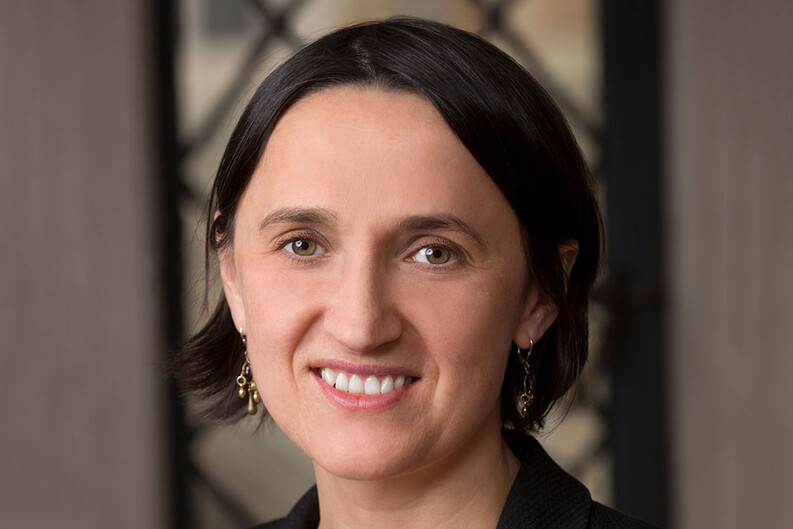Professor Doherty Cited in Federal Ruling on Supervised Release

A Federal Judge in the Eastern District of New York issued a ruling this month holding that he would no longer send people back to prison for marijuana use while on supervised release. The Judge also held that he would impose shorter terms of supervised release and give more consideration to the appropriateness of conditions.
The opinion extensively cited the work of Professor Fiona Doherty ’99, who is an expert on supervised release, probation, and parole.
Judge Jack B. Weinstein referred to Doherty’s paper “Indeterminate Sentencing Returns: The Invention of Supervised Release,” several times throughout his 42-page opinion. The article was published in the New York University Law Review in 2013.
The article provides an analysis of supervised release, a form of post-incarceration supervision that replaced federal parole and has become nearly universal in the federal system. The article shows how supervised release has evolved to create a form of indeterminate sentencing that provides neither certainty nor transparency in the length of federal prison terms.
Judge Weinstein cited the article in explaining the “shaky theoretical underpinnings” of supervised release and in highlighting the ways in which supervised release can interfere with the reintegration of released prisoners and encourage unwarranted incarceration.
Doherty was also recently quoted in a New York Times article on a similar issue. The Massachusetts Supreme Judicial Court held that, in appropriate circumstances, a judge may order a defendant who is addicted to drugs to remain drug-free as a condition of probation. Because of an inadequate record, however, the Court did not decide whether Substance Abuse Disorder can affect the brain in such a way as to prevent certain people from controlling their drug use.
As a Clinical Professor, Doherty teaches in the areas of criminal law and sentencing. She founded the Criminal Justice Clinic, which defends indigent clients accused of misdemeanor and felony offenses in New Haven. She has also handled a wide variety of sentencing cases with students, including federal clemency petitions and juvenile parole cases.
From 2005 to 2011, Professor Doherty was an Assistant Federal Defender in the Southern District of New York. Before that, she was Senior Counsel at Human Rights First in New York City, working to ensure that U.S. anti-terrorism measures incorporate human rights protections.


